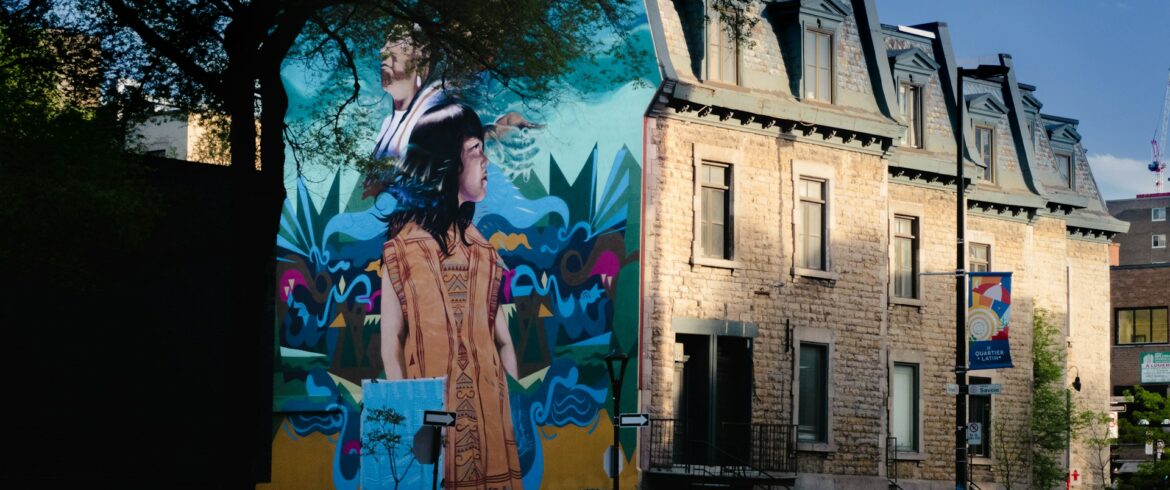Canada’s path toward a sustainable future is deeply influenced by the wisdom and practices of its diverse Indigenous communities. These communities, each with their unique cultural traditions and ecological knowledge, have nurtured a deep connection with the land for centuries, understanding ecosystems and the balance needed to maintain them.
Today, as the world grapples with climate change and environmental challenges, this knowledge is more relevant than ever. Indigenous knowledge shapes Canada’s sustainable future by offering time-tested methods for conservation, land stewardship, and resource management.
This article will explore how Indigenous wisdom is integrated into modern conservation efforts, how it contributes to sustainable practices, and why we must preserve this knowledge for the future.
Indigenous Knowledge is Shaping Canada’s Sustainable Future —Here’s How!
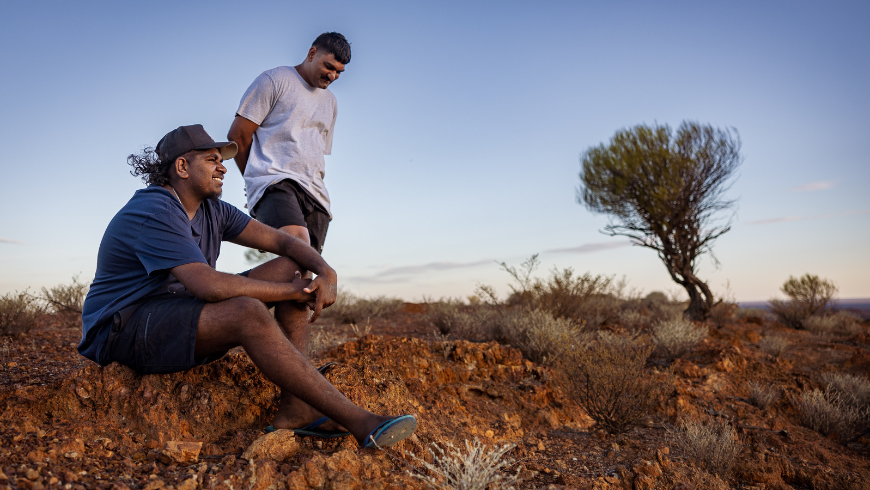
Unlike many modern approaches, Indigenous wisdom focuses on harmony with nature rather than exploiting resources. That means respecting the land, animals, and water as parts of a larger, connected system.
One example of this is how Indigenous communities have long practiced sustainable land management. For instance, the Cree community in Alberta has utilized a holistic approach to forest management for centuries, combining spiritual practices with ecological knowledge to maintain forest health.
You can see this in their approach to forest management, where controlled burns, known as “cultural burning,” have been used to reduce wildfire risks and promote healthy ecosystems. Studies have shown that these controlled burns reduce the incidence of large-scale wildfires by as much as 40% compared to conventional methods.
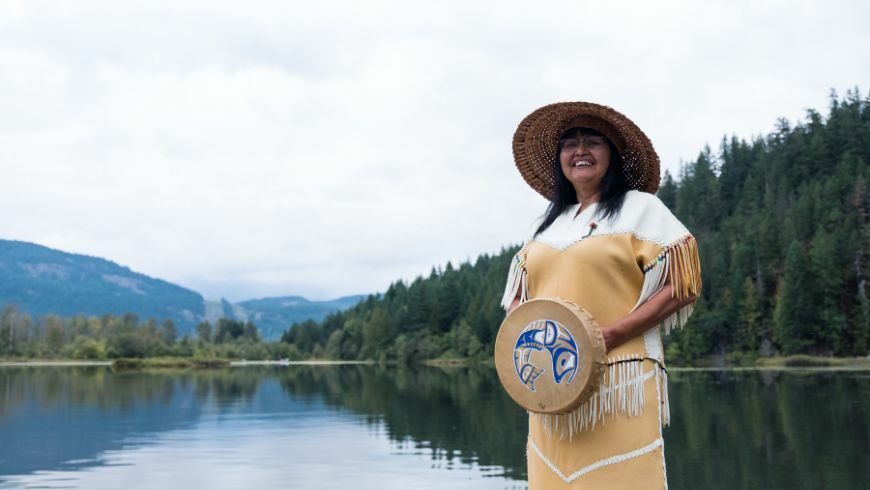
Water conservation is another area where Indigenous knowledge shines. Indigenous people often see water as a living entity that must be respected and protected. In fact, several Indigenous legal systems recognize water as a “relative” rather than a resource, influencing both local and national conservation policies.
This belief has inspired many initiatives dedicated to protecting Canada’s waterways, including efforts to restore wetlands and those aiming to reduce water pollution. For example, the Tsilhqot’in Nation has led water restoration projects in British Columbia, rehabilitating wetlands that are vital for wildlife and act as natural water filters, helping to reduce pollution.
Challenges and Opportunities in Bringing Indigenous Wisdom Into Modern Conservation Efforts
While progress has been made in incorporating Indigenous knowledge into modern conservation efforts, significant challenges remain. Traditional ecological knowledge (TEK) is often undervalued in scientific and policy discussions. However, in recent years, there has been a growing recognition of the importance of incorporating Indigenous knowledge into modern conservation efforts.
Governments, environmental organizations, and local communities are increasingly partnering with Indigenous groups to apply traditional ecological knowledge (TEK) in areas like wildlife protection, forest management, and climate resilience. For example, in British Columbia, Indigenous communities have partnered with government agencies to co-manage protected lands, such as the Great Bear Rainforest. This collaboration focuses on maintaining the forest’s health while promoting economic opportunities for local communities. The success of this partnership, which has preserved over 85% of the forest’s natural habitat, shows how Indigenous wisdom is effectively guiding sustainable land use in Canada today.
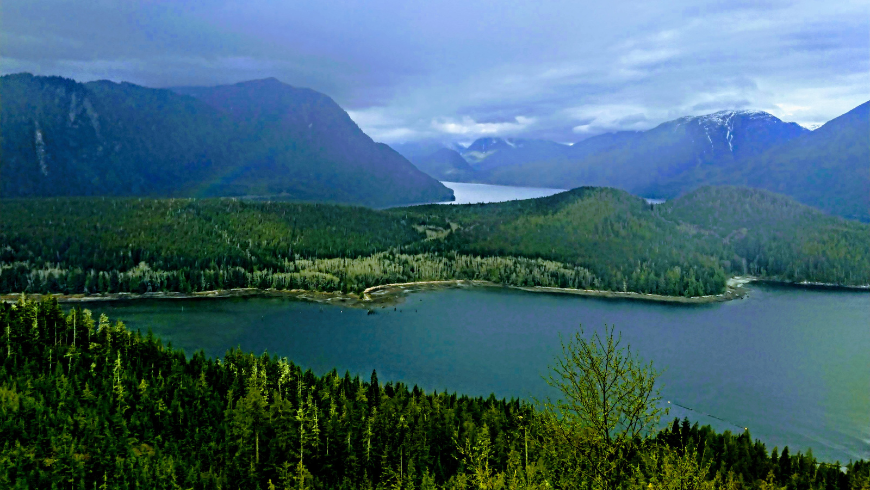
Another way this knowledge influences conservation efforts is by protecting endangered species. Many Indigenous communities have a long history of sustainable hunting and fishing practices, respecting animal populations and allowing ecosystems to thrive. For instance, the Inuit communities have successfully managed local fisheries by imposing self-regulated restrictions on catches to prevent overfishing, ensuring the sustainability of marine ecosystems.
By integrating these practices into modern conservation programs, Indigenous wisdom contributes to preserving biodiversity and responsible management of natural resources.
Lessons from Indigenous Knowledge for a Sustainable Future
There’s much to learn from Indigenous knowledge regarding creating a more sustainable future.
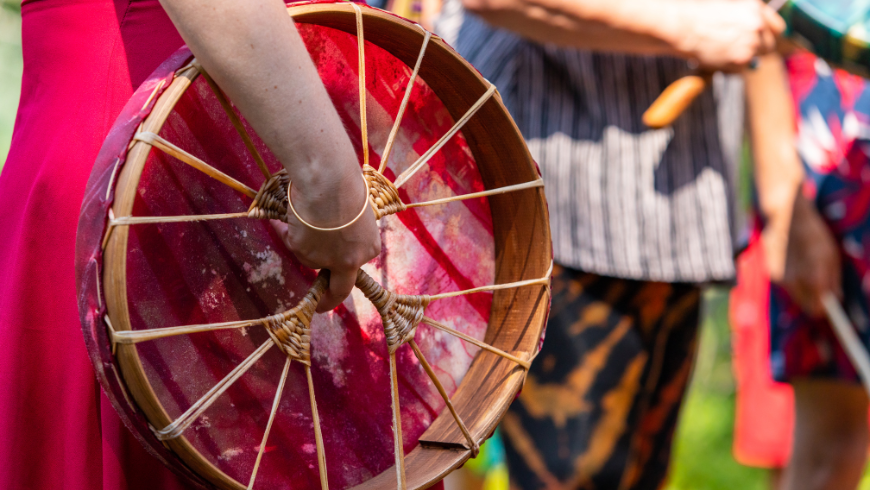
At its core, Indigenous wisdom teaches you to view the environment not as a resource to be exploited but as a living system to be respected and nurtured. This concept contrasts sharply with industrial approaches that often prioritize short-term gains at the expense of long-term ecological health. This mindset is a must if we want to combat environmental challenges like:
- Deforestation
- Climate change
- Biodiversity loss
Another important lesson is the focus on long-term thinking. Indigenous communities often plan their actions with future generations in mind, using a principle known as the “seven generations” approach. That means they make decisions that will benefit their immediate needs and the environment’s well-being for years to come. This approach is a key reminder that sustainability is not about temporary fixes but about ensuring that ecosystems can support life for centuries ahead. This approach reminds us that the focus of sustainability isn’t on solving today’s problems—it’s on protecting the planet for the future.
Indigenous Wisdom and Canada’s Path to Sustainability
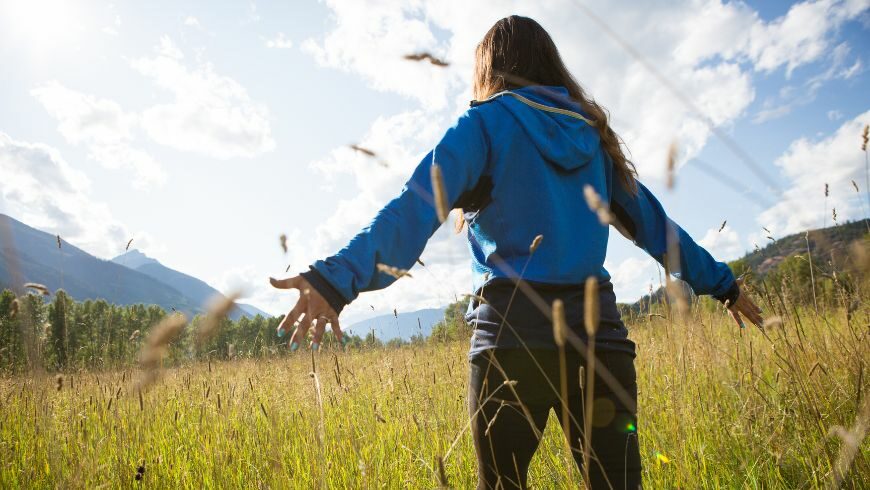
Indigenous knowledge shapes Canada’s sustainable future, not as a relic of the past but as a guide for what lies ahead. However, for this wisdom to fully impact Canada’s environmental policies, greater recognition and inclusion of Indigenous voices at the decision-making level is essential. Embracing this wisdom means adopting sustainable practices that protect the Earth for future generations. Indigenous people show us that real progress happens when we work with nature, not against it. That’s the only way for all of us to create a healthy and thriving planet.
Cover image: Photo by Jay Thousand* via Unsplash

Author: Alisha Wood is a Customer Service Manager at Miracle Movers Canada. With a background in environmental studies, Alisha actively explores how sustainable practices can shape industries beyond conservation. She is passionate about integrating these values into her work and advocating for a more sustainable future.
